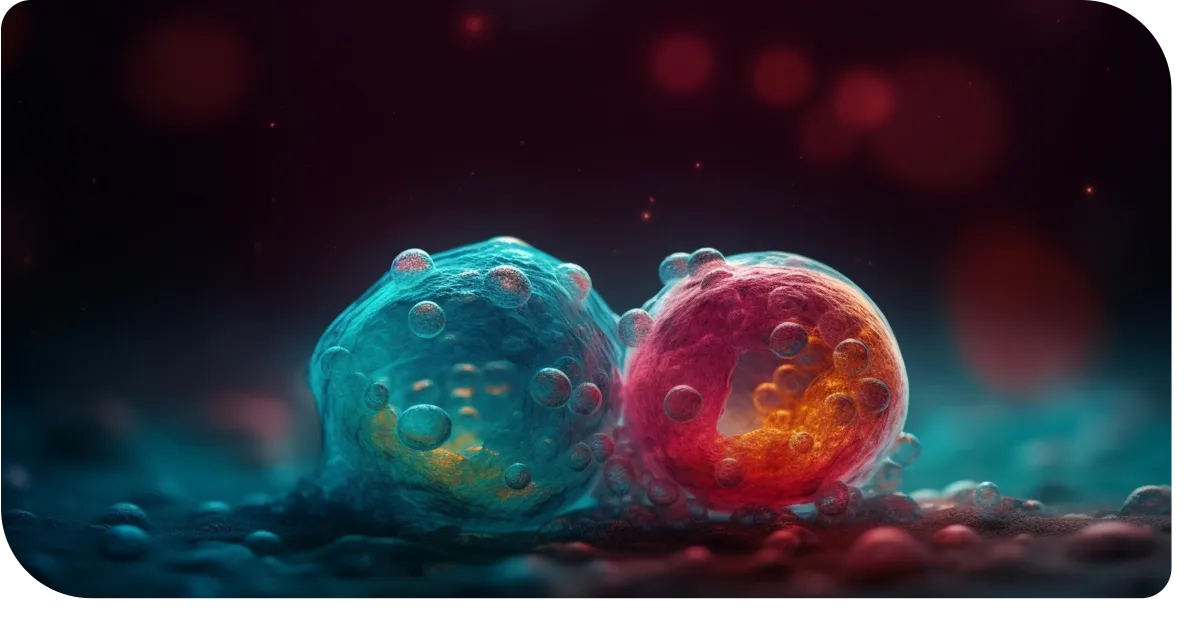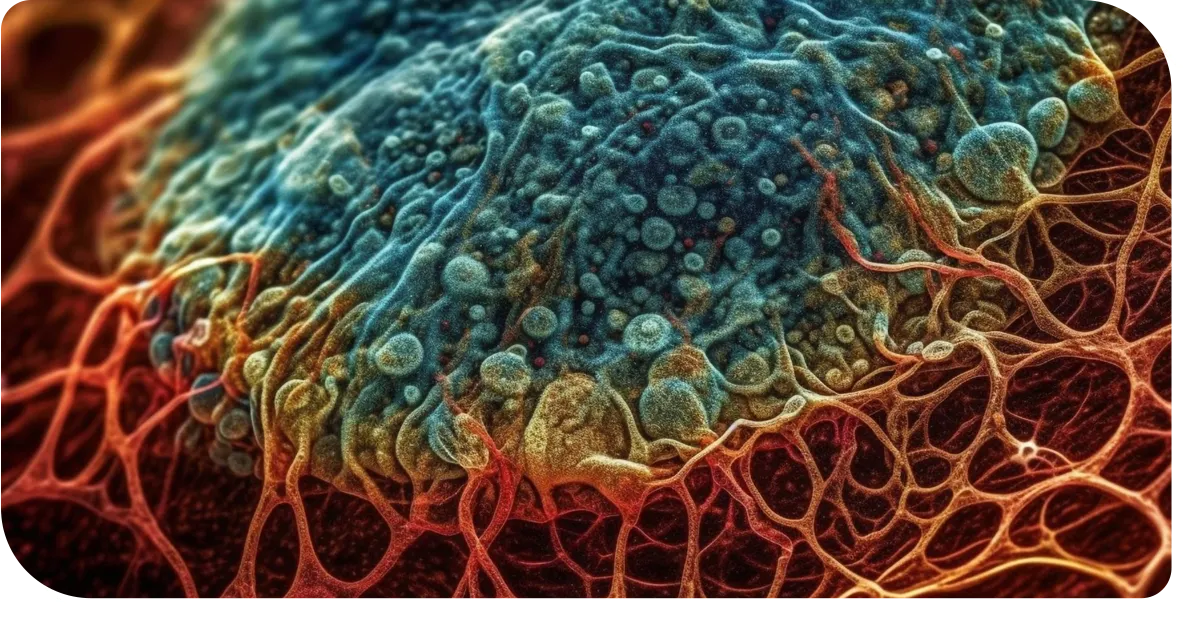



Diabetes
Stem cell regenerative therapy has shown promising potential in the treatment of diabetes, where the body's immune system attacks and destroys insulin-producing beta cells in the pancreas. One approach involves using mesenchymal stem cells (MSCs) derived from sources like umbilical cord tissue, bone marrow, or adipose tissue. These MSCs have immunomodulatory properties, meaning they can help regulate the immune response and reduce inflammation.
In the context of diabetes, MSCs can be infused into the patient's bloodstream, where they migrate to the inflamed pancreas and interact with immune cells. This interaction can suppress the immune system's attack on the beta cells, potentially preserving or even restoring insulin production. Another avenue of research involves using pluripotent stem cells to generate beta cells in the lab. These stem cells can differentiate into any cell type in the body, including insulin-producing beta cells. Once generated, these lab-grown beta cells can be transplanted into the patient's pancreas, offering a potential replacement for the destroyed beta cells.
There have been several studies that have shown how stem cell regenerative therapy can help both Type I and Type II Diabetes:

Type I Diabetes
Several studies have explored the use of umbilical cord tissue-derived mesenchymal stem cells (UCT-MSCs) as a treatment for Type I diabetes, yielding promising results in alleviating symptoms associated with this chronic disease. Notably, a study on mice demonstrated that UCT-MSC transplantation lowered blood glucose levels and preserved beta cells, while regulating islet autoimmunity by reducing T helper 17 cells and increasing regulatory T cells. Additionally, patients receiving MSCs required lower insulin doses and showed significant improvements in glycemic control compared to standard insulin therapy. The Harvard Stem Cell Institute (HSCI) published a study in 2021, showing that UCT-MSCs successfully differentiated into functional islets for treating Type I diabetes patients. Another 2022 study found that patients treated with stem cells had lower fasting blood glucose levels and reduced insulin resistance compared to untreated mice. This groundbreaking approach of using UCT-MSCs offers a safe and effective alternative for managing Type I diabetes, revolutionizing diabetes treatment and providing new hope for patients.

Type II Diabetes
In the past decade, scientific studies have explored the use of umbilical cord tissue-derived mesenchymal stem cells (UC-MSCs) as a treatment for Type II diabetes, showing promising results in providing relief from symptoms associated with this chronic disease. A 2021 study demonstrated that UC-MSC treatment effectively improved blood glucose levels in diagnosed patients. Another double-blind, randomized, placebo-controlled clinical study published in 2022 found a significant increase in the glucose infusion rate among UC-MSC-treated patients after 48 weeks, while the placebo group showed no notable change. A 2015 study revealed a significant decrease in HbA1c levels and improved diabetic state after UC-MSC infusions, leading to reduced insulin requirements or independence from insulin altogether during follow-up. These clinical trials have proven that treating Type II diabetes with UC-MSCs is safe and successful, offering patients a promising new management strategy and paving the way for a transformative era in diabetes treatment.
The goal of stem cell regenerative therapy in diabetes is to improve blood sugar control, reduce the need for insulin injections, and mitigate diabetes-related complications. While the research is still in its early stages, these innovative therapies hold the promise of revolutionizing diabetes management and improving the quality of life for millions of people living with the condition.
Testimonials

"I have a diagnosis of multiple sclerosis and was involved in three rear end car accidents in the same year, resulting in a double fusion in L4 and L5. Prior to the car accidents. I had a slip and fall and a severe shoulder injury, leaving me without use of my right arm" ... I fed myself for the last three days using a spoon and a fork for the first time in over a year. "I am grateful!"
Jeannine Karklins,MS Diagnosis
Boca Raton, Florida

My Ketamine experience was by far one of the most profound healing journeys I've had so far in my life. I can honestly say I had no expectations going into my session. Dr. Ripley and his staff made me feel so welcomed, they were extremely compassionate and caring throughout the entire process. No detail was left unattended. As I entered the cozy suite, I truly felt as if I were in my own home. Dr. Ripley gave me a sense of peace of mind as he explained he will be monitoring my vitals all through the process. It was then, when I relaxed and gave into the journey. There were moments where I opened my eyes and felt so safe and comforted. The entire process lasted about an hour but I honestly felt I worked through years of unresolved trauma. As of today, I continue to benefit from having such an amazing ketamine experience with with Dr. Ripley and his team.
Jeannine Karklins,MS Diagnosis
Boca Raton, Florida
Office: Delray, Florida
Call 702 350 1277
Email: sales@bioregenwellness.com
Site: www.bioregenwellness.com
